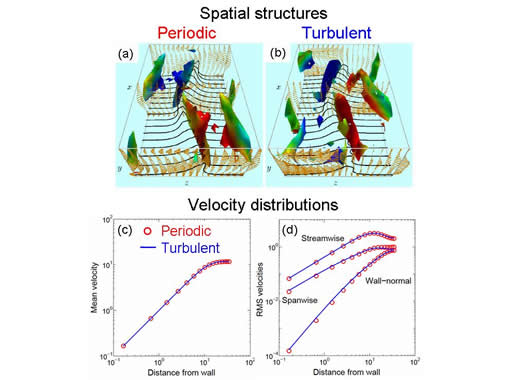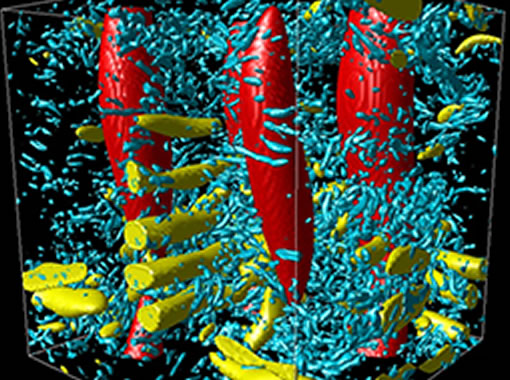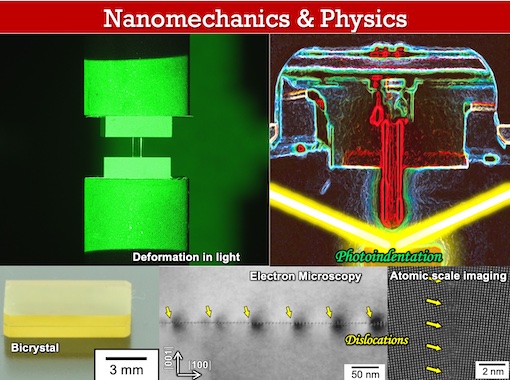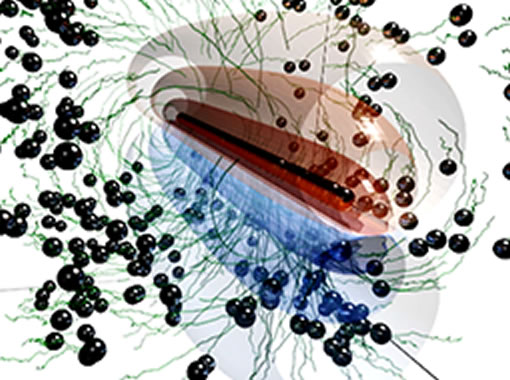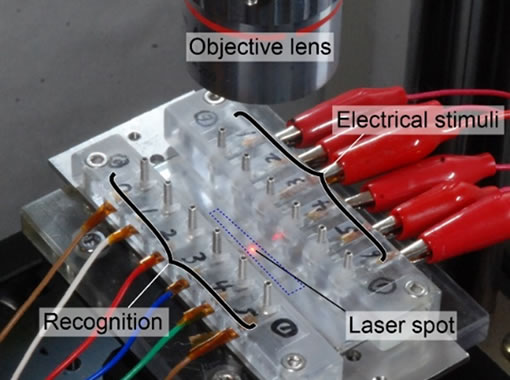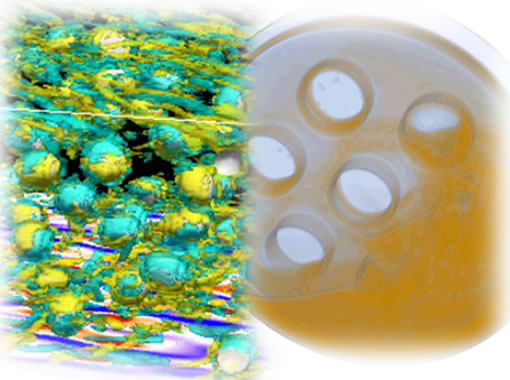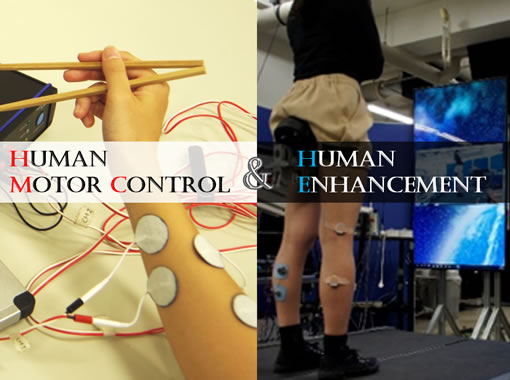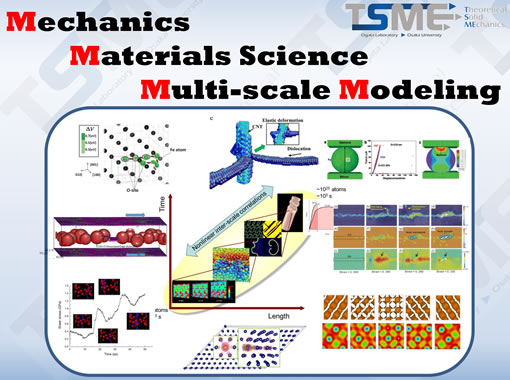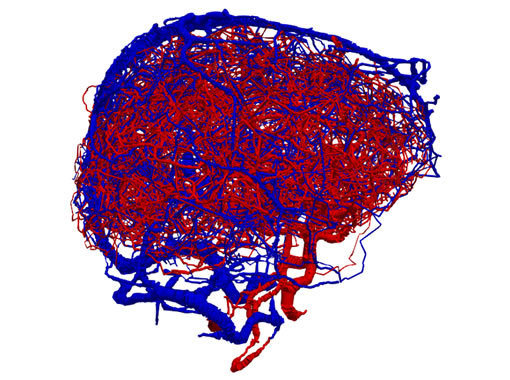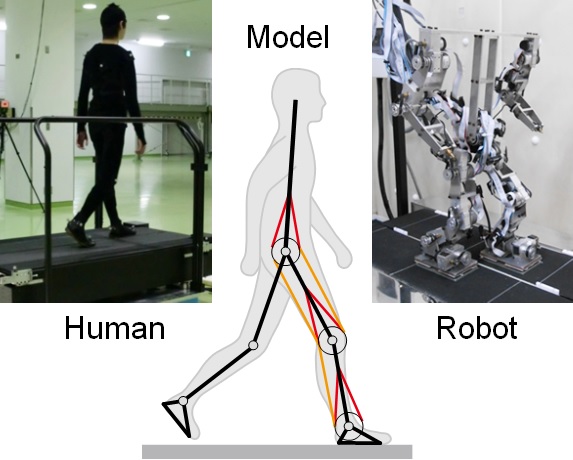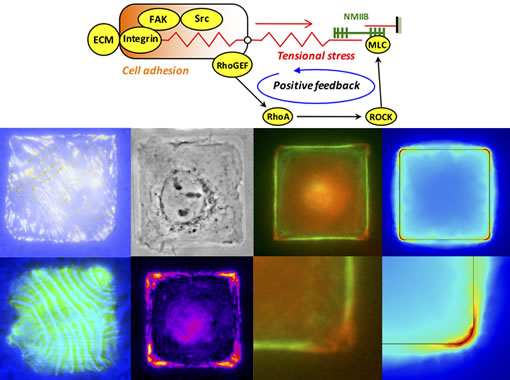Mechanical Science Course

The Mechanical Science Course offers students strengths in key fundamental areas of mechanical science: solid and fluid mechanics, thermodynamics, control theory, computational engineering, and biomechanics; It integrates these sciences to address issues in society, environment, health, and industry.
Regarding the research at our faculty, we consist of 11 mutually independent but interactive laboratories that challenge various topics. For example, these topics include: how complex systems might be artificially controlled to harness the energy of nature, how machines could be micro/nano-sized in scale, how living materials are self-organized and maintained to allow people to stay healthy, and how materials could be endowed a new beneficial function through nano-scale manipulations.
Thus, we are working on virtually all materials in nature with different sizes and functions to find new things, to uncover unknown underlying mechanisms, and to create new technologies. Through a range of approaches which cover fundamental and industrial concerns we can generate insight into the mechanics of any mobile object including artificial machines as well as living substances.
